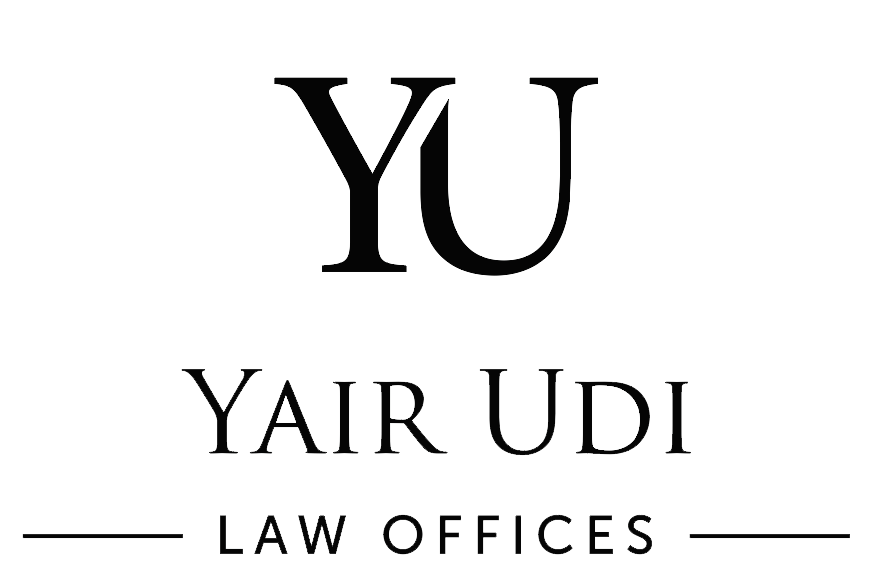Different transaction agreements are executed between the parties for the purpose of purchase and sale of startups’ stock. One such important document is the Right of First Refusal and Co-sale agreement, usually executed in the framework of an NVCA document-based financing transaction. A Right of First Refusal and Co-sale agreement is a multi-party agreement, and involves the company, new purchasers of the Company’s stock, the existing stockholders of the company, and usually, the founders and other key executives that were compensated with a substantial percentage of the Company’s stock.
In general, the right of first refusal (ROFR) obligates the proprietor of assets (and in our case, the company’s stock) to offer the property to the right holder, for purchasing before any third party is allowed to. In the context of equity financing, like the one regulated under the NVCA documents, this right implies that if a shareholder that has made his shares subject to a right of refusal, desires to sell his shares in the company, such shareholder needs first to offer the company, and then (if the company does not exercise its right in full) the other right holders (usually, investors), the opportunity to purchase the same, under the same terms offered by a third party acquirer.
The proposed NVCA right of first refusal, dictates that the company receives a priority in purchasing the offered shares, and only if the company is unwilling, unable or simply fails to exercise its right, then the shareholders who were granted this right must be offered a similar opportunity. If both company and other shareholders refuse to purchase the shares, then the shareholder can sell the same to the third-party (purchaser).
If the ROFR is granted to more than one shareholder, then all the shareholders may choose to participate in the purchase of shares on a pro-rata basis. Thus, they can purchase the shares in proportionate to the amount of securities held by the seller and those held by the participating investors.
If any shareholder holding a ROFR chooses not to exercise his right, the other shareholders may have a right of oversubscription which implies that the participating shareholders can purchase the shares not purchased by the other non-participating shareholder. This right of oversubscription is also excisable on a pro-rata basis, and may sometimes be referred to as “over-allotment”.
If the shareholders do not include ROFR in the documents governing the equity financing documents, shareholders can sell the shares to third party/outsiders without any notice to the company and other investors (unless they are subject to other provisions, like a co-sale (also known as tag-along) arrangement). This right is very useful for the company to control the company’s composition and ensure that the business interest is not shared with third parties, not agreed to be the company. Also, this right helps the investors to retain their control of the company, and increase their share.
The ROFR proposed in the NVCA’s form of Right of First Refusal and Co-Sale Agreement stipulates the terms and conditions regarding ROFR, as noted above. The agreement also contains technical, but yet important clauses, regarding notice periods (stipulated period to exercise the right), forfeiture of rights and consideration. For example, the form dictates that if the consideration for the shares is in the form of property, services or non-cash consideration, then the fair market value of the same would be determined by the board of directors. Also, if the company or investor is unable to pay in non-cash consideration form, they can choose to pay the cash equivalent of such value.
It is important to note that ROFR is usually subject to certain exceptions as negotiated by parties. Such exceptions may include the right to transfer shares to family members, for estate planning purposes or de minimis transfers. De minimis means the transfer of shares in a small amount.
From the above discussion, the importance of including the right to first refusal agreement as part of the equity financing process is evident. It is favorable for the investors as well as the company. The right should usually be given to those investors who have significant shareholding as agreed by the parties, and important exceptions, as well as other terms regarding the ROFR, must be properly negotiated between all the parties.
DISCLAIMER
This content is brought to you for informational purposes only, you should not construe any such information or other material as legal, tax, investment, financial, or other advice. Nothing contained on this website constitutes a solicitation, recommendation, endorsement, or offer by any person or any third party service provider to buy or sell any securities or other financial instruments in this or in in any other jurisdiction in which such solicitation or offer would be unlawful under the securities laws of such jurisdiction.
THIS ARTICLE IS PROVIDED FOR INFORMATIONAL PURPOSES ONLY AND DO NOT CONSTITUTE LEGAL ADVICE. THIS ARTICLE IS PROVIDED WITHOUT ANY WARRANTY, EXPRESS OR IMPLIED, INCLUDING AS TO ITS LEGAL EFFECT AND COMPLETENESS. THE INFORMATION SHOULD BE USED AS A GUIDE AND MODIFIED TO MEET YOUR OWN INDIVIDUAL NEEDS AND THE LAWS OF YOUR STATE, BY INDEPENDENT COUNSEL YOU RETAIN. YOUR USE OF ANY INFORMATION CONTAINED IN THIS ARTICLE, IS AT YOUR OWN RISK. WE, OUR EMPLOYEES, CONTRACTORS, OR ATTORNEYS WHO PARTICIPATED IN PROVIDING THE INFORMATION CONTAINED HEREIN, EXPRESSLY DISCLAIM ANY WARRANTY, AND BY DOWNLOADING OR USING OR RELYING ON THIS ARTICLE; NO ATTORNEY-CLIENT RELATIONSHIPS ARE CREATED. DO NOT USE THIS ARTICLE WITHOUT AN INDEPENDENT LAWYER YOU HAVE SPECIFICALLY RETAINED FOR SUCH PURPOSE.
© 2022 Yair Udi – Law Offices. All rights reserved

